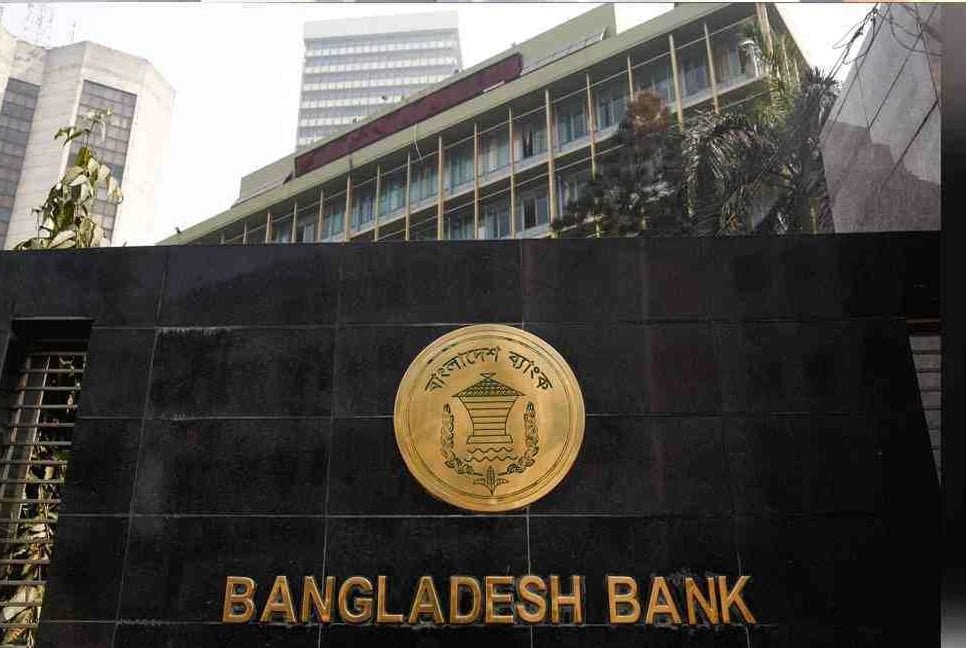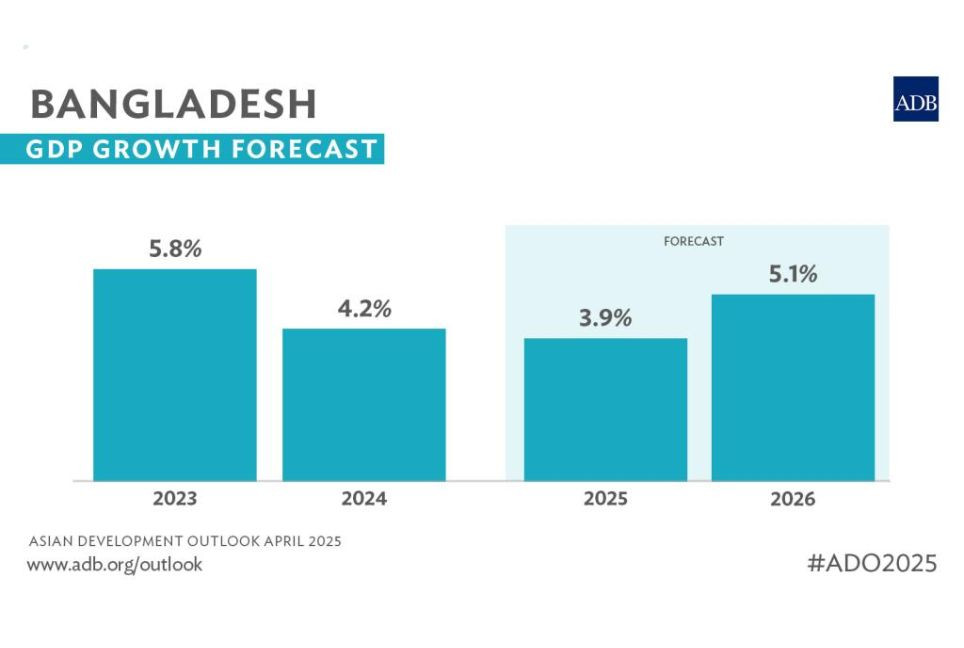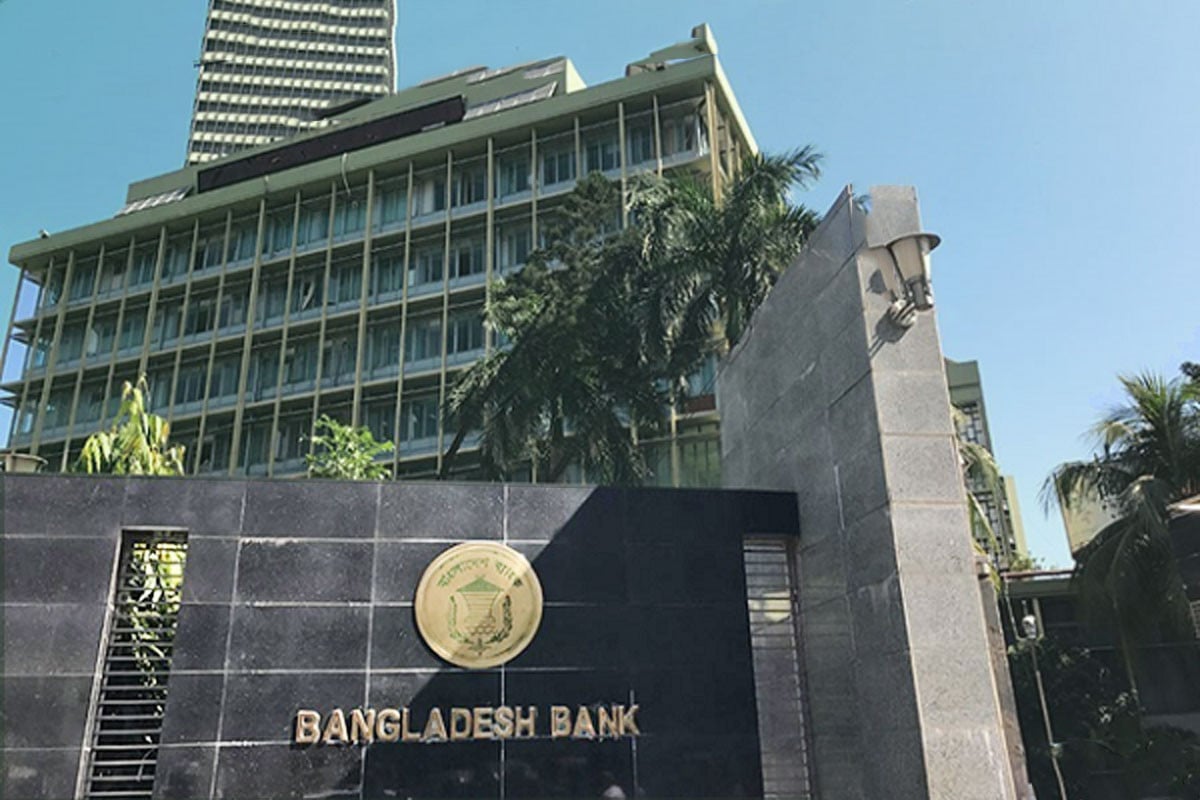Bangladesh Bank (BB) has stepped up efforts to support the financial sector by extending Tk 6,585 crore in liquidity assistance, aiming to address short-term funding needs. This funding, part of BB's credit guarantee scheme, is designed to alleviate pressure on banks and financial institutions facing temporary cash flow shortages.
The liquidity support will help institutions enhance their ability to provide loans, particularly to priority sectors, and stabilize the financial system amid ongoing economic challenges. This move reflects BB’s commitment to ensuring adequate financial support and maintaining stability in the banking sector during periods of heightened demand for funds.
With the credit guarantee scheme in place, BB is also reducing lending risks for financial institutions, encouraging them to extend more credit to sectors that drive economic growth and job creation.
Husneara Shikha, Executive Director and spokesperson for Bangladesh Bank, informed reporters on Thursday (Nov 14) that the liquidity support is being provided without the need for printing additional currency. She explained that the funds are being managed through interbank lending, with the central bank offering a guarantee to facilitate the process. This approach ensures that the liquidity support is sustainable and does not contribute to inflationary pressures.
She further stated that Bangladesh Bank is ready to continue providing liquidity support as required, based on the specific needs of individual banks. The central bank remains committed to responding to demand fluctuations and ensuring financial stability in the banking sector.
To date, seven banks experiencing liquidity challenges have received funding through this arrangement, with 10 financially stable banks participating in the process. This collaborative effort aims to address short-term funding gaps and maintain stability within the banking sector.
Despite the liquidity injection, some banks continue to face challenges in fulfilling depositor withdrawals. According to the BB spokesperson, these difficulties stem from aggressive loan disbursement practices involving fraudulent documents that occurred during the previous government’s tenure. This legacy of risky lending has contributed to the ongoing financial strain at certain institutions.
(Source: UNB)
BD-Praatidin English/Mazdud


































































